Experimental research
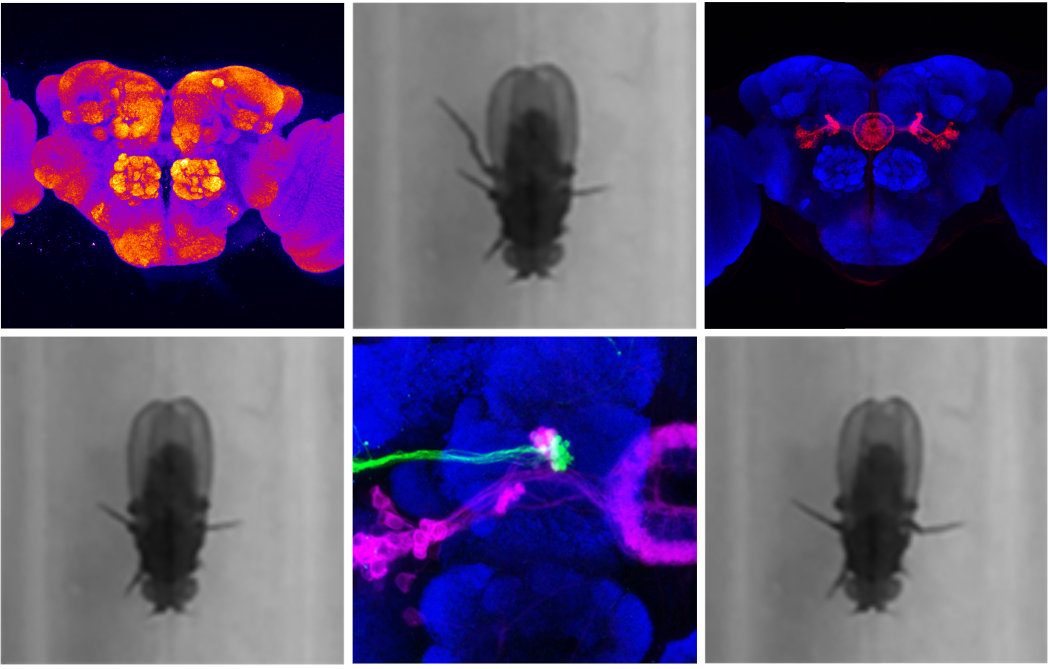
Jepson Lab
The Jepson lab uses the fruit fly, Drosophila melanogaster, in concert with gene editing, electrophysiology, optical imaging, and molecular biology, to elucidate the mechanistic basis of neurological diseases such as ataxia, dystonia, dyskinesia, and epilepsy.
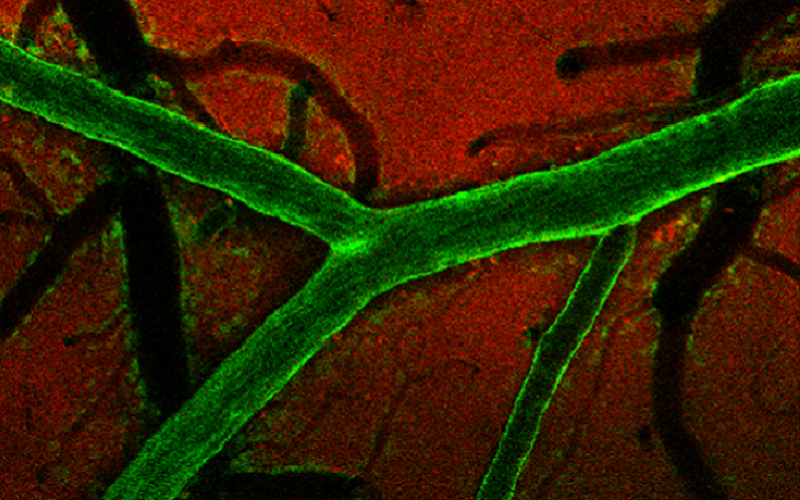
Krishnakumar Lab
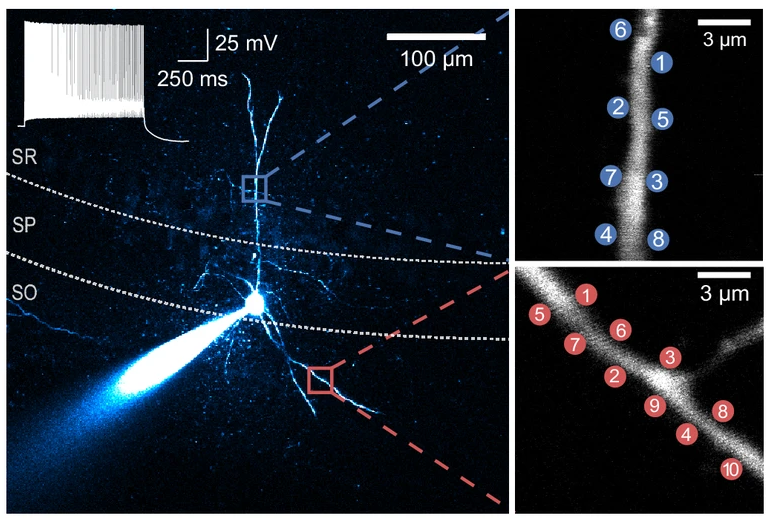
Kullmann Lab
The Kullmann Lab studies how synapses operate in health and disease, using molecular, electrophysiological, optical and computational approaches, and uses this knowledge to develop gene therapy for refractory epilepsy.
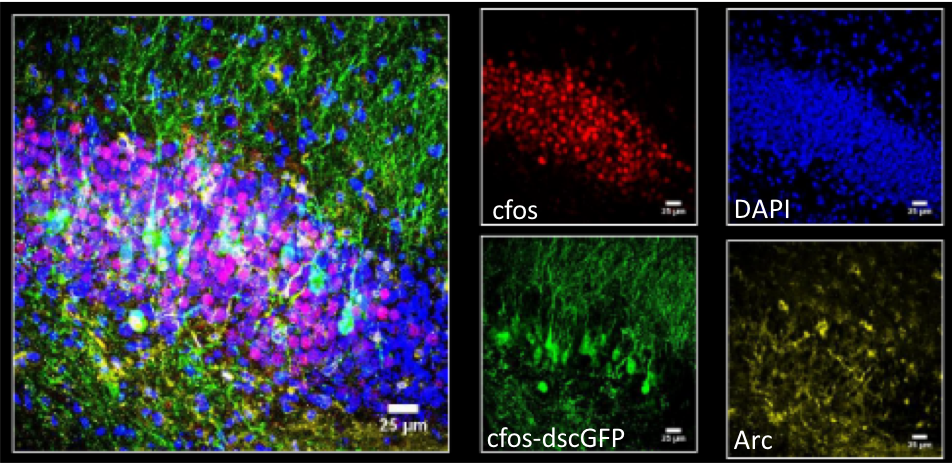
Lignani Lab
The main focus of my lab is finding novel gene therapy approaches for intractable neurological diseases, with rapid potential for translation. We start by investigating the pathophysiological mechanisms of disease and then use novel insights to develop and improve therapeutic tools to cure them. We use cutting-edge technologies such as CRISPR and synthetic promoters to overcome current limitations to gene therapy and develop new approaches for curing currently untreatable genetic diseases such as Dravet Syndrome and Episodic Ataxia-1, and acquired pharmaco-resistant temporal lobe epilepsies. We use techniques ranging from molecular biology to in vitro and in vivo electrophysiology, in both cell lines and animal models, and iPSC-derived neurons and organoids from patients.
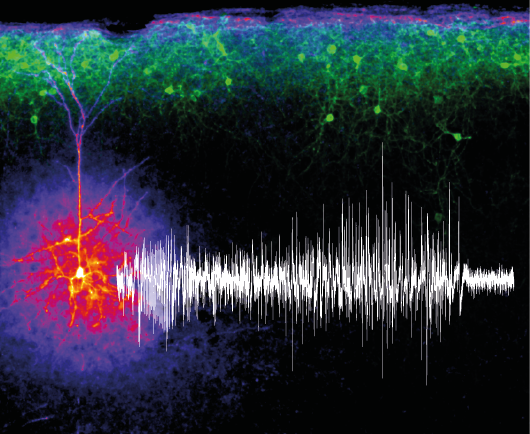
Magloire Lab
We are studying cortical inhibition in physiology and epilepsy at both cellular and network levels. We are particularly interested in cortical Layer 1 and claustro-cortical inhibition mediated by neurogliaform cells. We use a combination of ex vivo and in vivo electrophysiology methods combined with either imaging or optogenetic manipulation of interneurons.
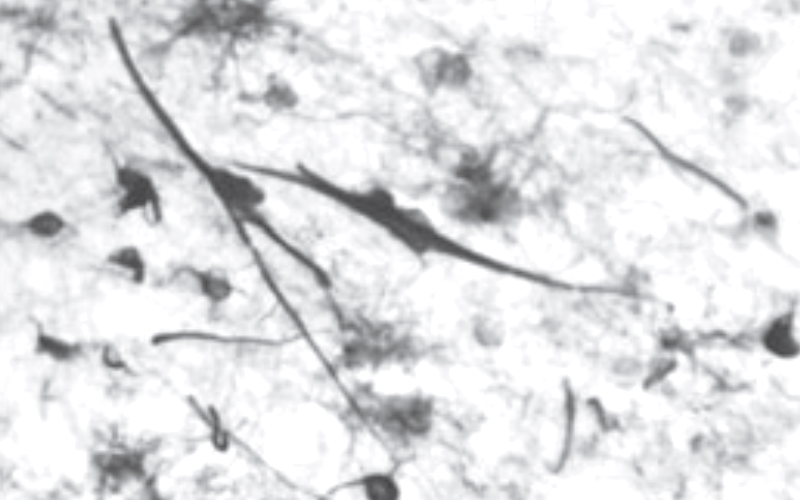
Rothman Lab
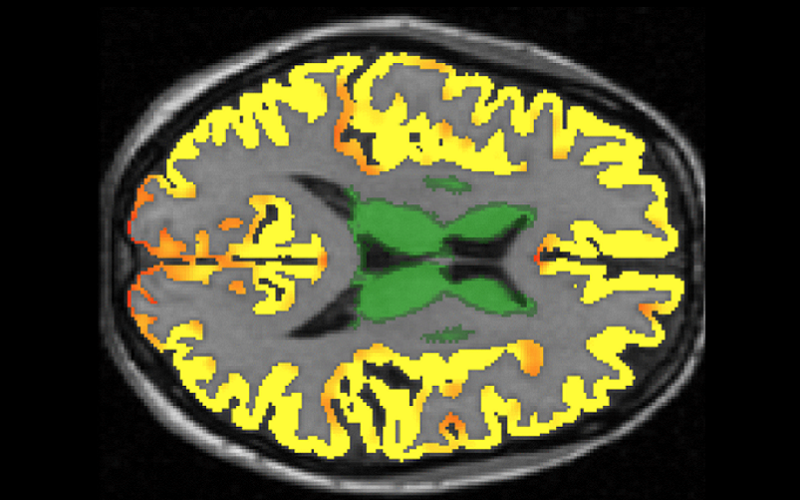
Rusakov Lab
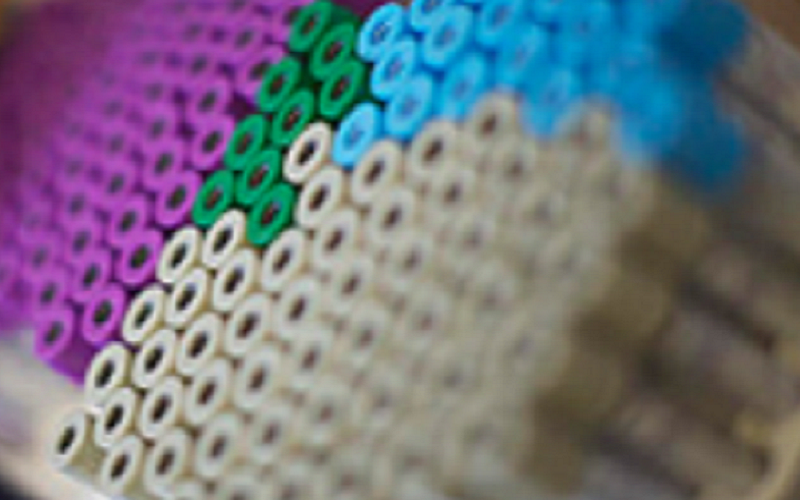
Volynski Lab
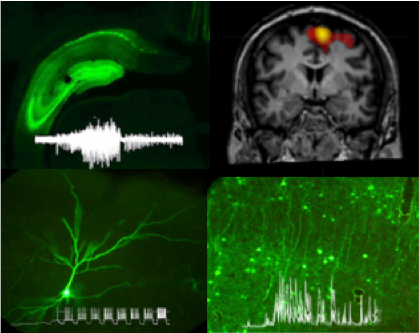
Walker Lab
The Walker laboratory studies brain and seizure activity at multiple scales, using different modalities, in order to develop new therapeutic approaches to treat seizures and to prevent the development of epilepsy. The laboratory has established novel small molecule and gene therapy approaches and has collaborated with industry to repurpose drugs to prevent the development of epilepsy.
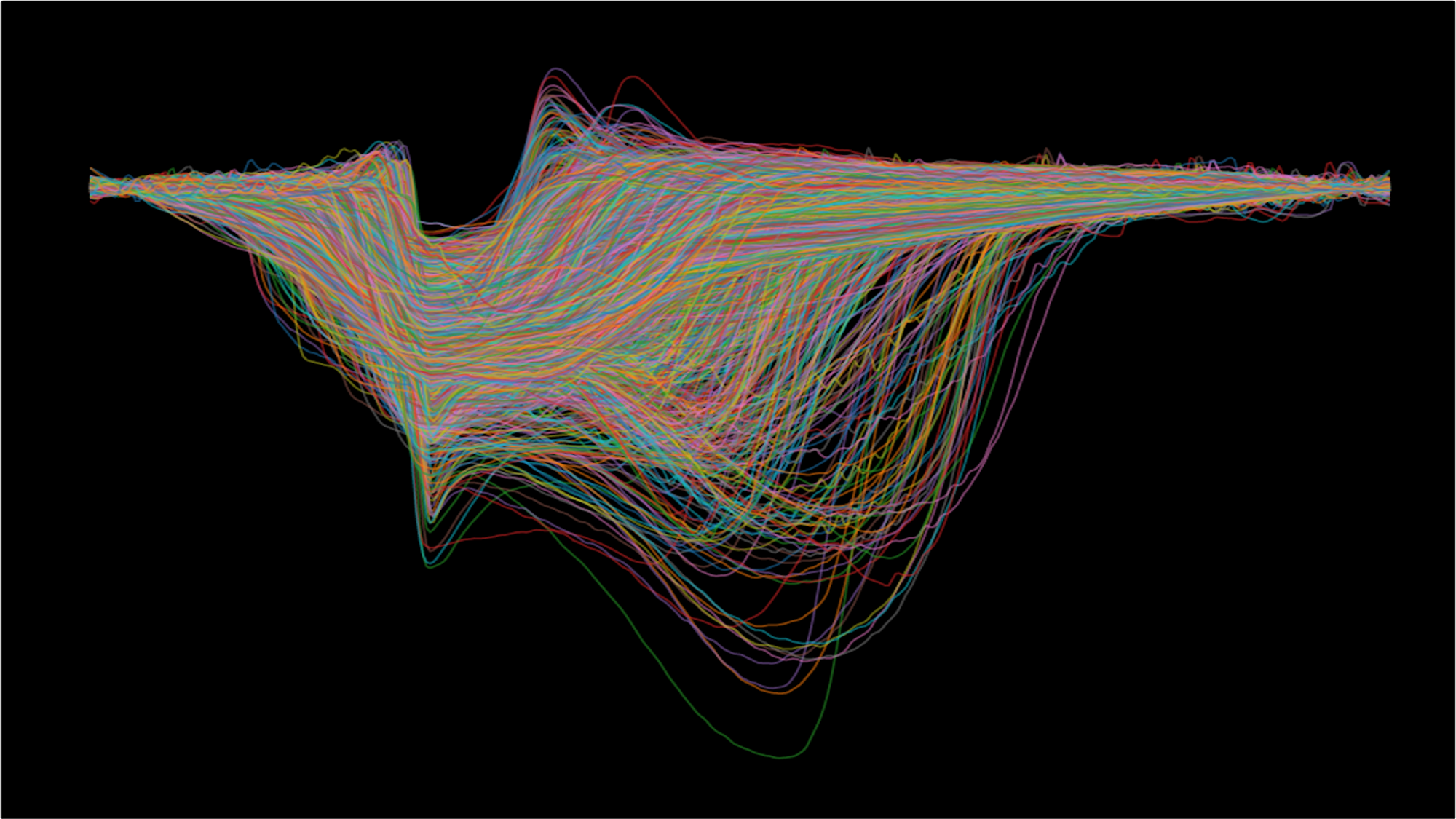
Wykes Lab
The Wykes Lab studies brain pathologies associated with seizures and spreading depolarisations using novel graphene-based neural probes and in vivo imaging techniques. The lab also develops gene therapy approaches for epilepsy.
 Close
Close

